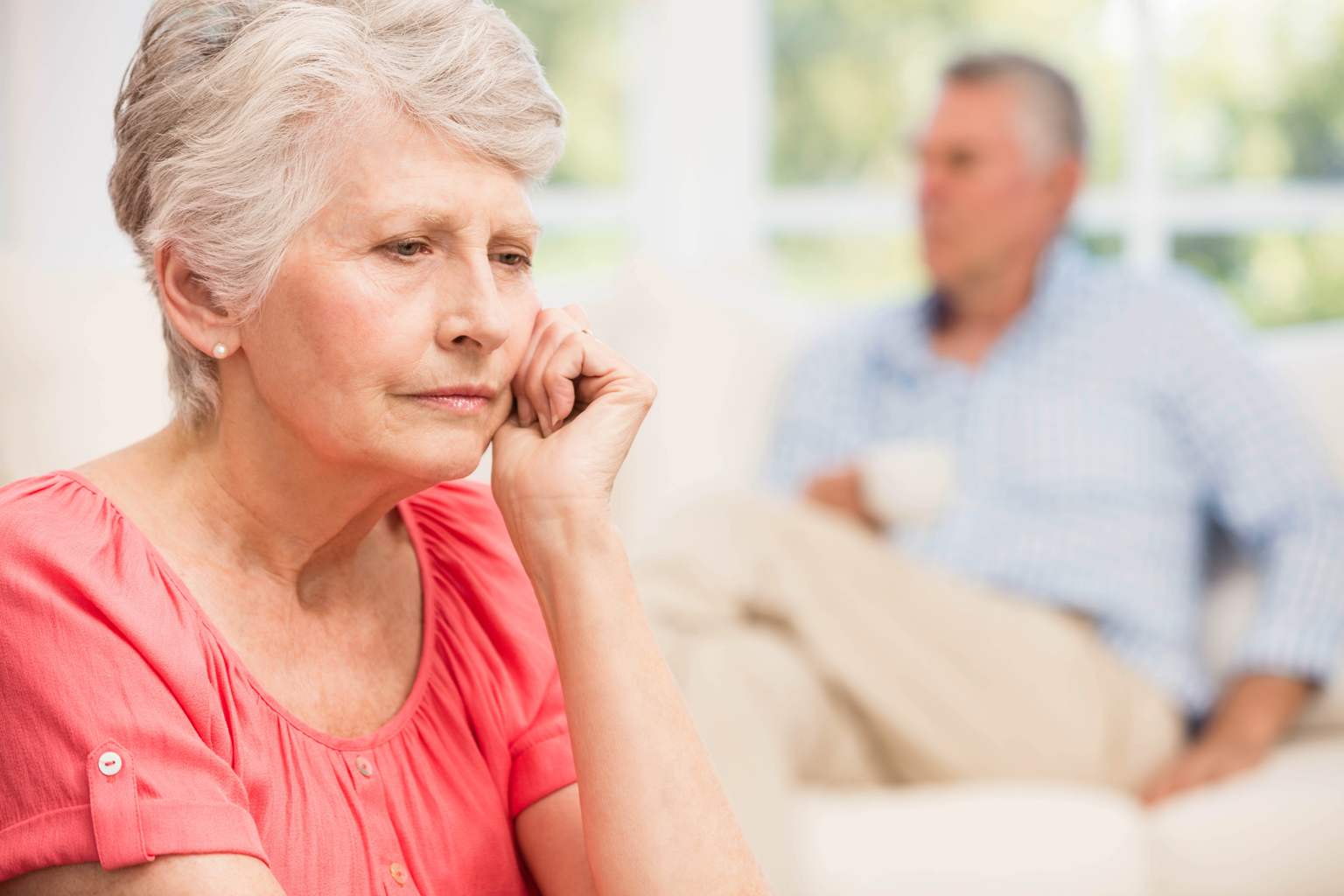Many seniors in their seventies and beyond face a quiet struggle within the walls of their children’s homes: the feeling that they are more of a burden than a blessing. This powerful emotion, often left unspoken, goes well beyond needing help with physical tasks. Psychology reveals it stems from a complex mix of shifts in identity, relationships, and a diminished sense of self-worth that often accompanies later life.
Having spent decades as caregivers and providers, many seniors suddenly find themselves reliant on others, especially their adult children. This reversal isn’t just about needing help; it’s about a loss of control and independence that can shake to the core how they see themselves and their place in the family.
Why seniors feel like a burden in their children’s homes
How much water should adults over 65 really drink each day to stay healthy?
Moving in with adult children or accepting daily support is a major adjustment. For years, these seniors were the rock of their families, managing everything on their own. Now, they face the reality that tasks they once did effortlessly require assistance, creating a profound feeling of vulnerability.
This loss of independence often feels like surrendering control—not only of their day-to-day activities but also of the personal decisions that give life meaning. The shift can create an unequal dynamic in their relationships, where those once cared for now become caregivers. This imbalance can quietly erode their confidence and increase feelings of being a nuisance.
The role of negative stereotypes and internalized guilt
Ageism isn’t just something seniors encounter from the outside world—it often gets internalized. Many older adults, even the physically healthy, adopt negative beliefs about their own value, worrying that they are less capable or useful. These thoughts can spiral, breeding guilt and anxiety about the effort and money their care requires.
How a new hair melting technique hides gray hairs and instantly refreshes your look
In such moments, it is easy to obsess over being “too much trouble.” For example, a friend of mine who moved in with her daughter kept apologizing for everything from the groceries she needed to the extra meals prepared. It was heartbreaking to see how much she felt she was imposing, even though her family kept assuring her otherwise.
This self-imposed guilt can prevent seniors from asking for help when they need it, isolating them further and potentially worsening their health.
Changes in family roles and cultural expectations
Watching the parent–child roles flip as adult children step into caregiver roles creates tension for both generations. Parents may feel a loss of identity and dignity in their newfound dependence. Meanwhile, despite the love that drives their care, children might struggle under the weight of responsibility, juggling their own busy lives with their caregiving duties.
Forget the fridge and the bowl—here’s how to store vegetables so they don’t wilt
Longstanding family dynamics, unresolved conflicts, or communication challenges can make this shift even harder, fueling feelings of frustration and sometimes resentment. This complex emotional landscape can deepen the sense of isolation seniors experience.
Beyond the family, societal pressures also play a huge role. In cultures that prize independence and self-reliance, seniors who can’t meet these ideals may feel like failures. They worry about breaking the unwritten social contract—that family care should be a two-way street, with contributions going both ways. Many seniors fret over not “pulling their weight,” intensifying feelings that they are a burden rather than a cherished family member.
These emotions often stem from a web of psychological changes coupled with evolving family dynamics. Recognizing the roots of these feelings—whether it’s lost autonomy, negative self-perceptions, guilt, shifting family roles, or societal expectations—is key to responding with understanding and compassion.
Living through this transformation myself, when my elderly grandmother moved in with us, I witnessed firsthand the emotional rollercoaster she navigated. Her reluctance to ask for help was heart-wrenching, but as our family learned to communicate openly and value each other’s efforts, the weight of those feelings lightened. It’s a reminder that empathy can rewrite these stories of burden into ones of shared love and dignity.
Are you or your family experiencing this shift? How do you handle the emotional challenges that come with caregiving and aging? Share your thoughts or stories below—we’d love to hear your perspective and help build a community that uplifts every generation.

All you OBSERVED is TRUE!
Family and Aging IS NOW more than ever before a NO TIME to show LOVE ON CARING for a FAMILY Senior Member.
Im on the same BOAT , VOYAGLE , SEA AND ROWING ALONE FOR NOW! 🥺